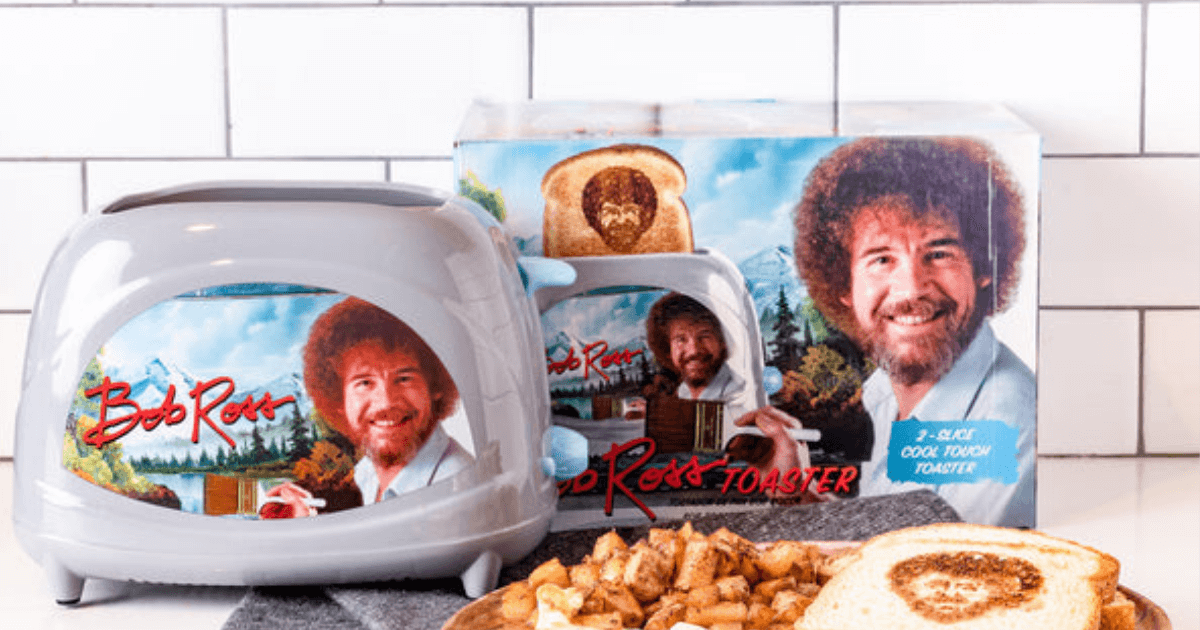Logistics Issues, Price Increases Weigh on Licensing Industry

With logistics issues and wholesale price increases expected to be the watchwords this year, how that plays out for the licensing industry is coming into sharp focus.
For the most part, companies of every stripe and product category have imposed wholesale price increases. In some cases, it has been multiple increases as part of an effort to offset rising logistic costs that have sent prices for 40-foot container ships into the $20,000 range.
For example, Stanley Black & Decker, which owns the Craftsman brand and licenses it out along with DeWalt, Stanley and Black & Decker, is issuing 5-10% price increases this month, in an effort to offset $1.4 billion in costs tied to inflation and logistics, CEO James Loree told investors. And that’s on top a 5% increase last fall.
In releasing earnings on Monday, Hasbro indicated it was planning to raise wholesale prices by a “mid-single digit” percentage in the second quarter on licensed and non-licensed products. That is partly in a bid to raise its overall operating profit margin, which at 15.5% (10% for consumer products), was short of the 16% it forecast for the fiscal year ended Dec.31. Hasbro is expected to improve its operating profit margin to the 16-16.5% range in the fiscal year ending Dec. 31, 2022, analysts said.
“We are anticipating continuation of supply chain challenges resulting in higher input and freight costs,’ Hasbro Chief Financial Officer Deborah Thomas said. “The toy and game industry has had incredible growth the past couple of years, really above trend. But then you have to look at things like stimulus payments going away and inflation” which in December rose 7%. Consumer Price Index figures for January will be released on Thursday and are expected to show a 7.3% increase.
As result of these factors, overall U.S. toy sales will likely be “muted to slightly down” this year after sharp increases in 2020 (16%) and 2021 (13%), Thomas said. Hasbro is forecasting mid-single digit sales increase for its business, due partly to the eOne entertainment unit.
Indeed, inflation and cost increases have weighed heavily on licensees. For the most part, licensors, who like every other business struggled during the pandemic, have been reluctant to revise agreements to reflect the added costs, but willing, in some cases, to extend contracts, industry executives said.
In light of that, some licensees have increased wholesale prices that factor in higher costs and royalty rates, the bulk of which are passed through to the retail price, industry executives said. For example, Uncanny Brands, which has small appliance (waffle and coffee makers, slow cookers) licenses for Star Wars, The Mandalorian, Spider-Man, Bob Ross and others, increased wholesale prices that in turn boosted retail prices 12-15%, CEO Matthew Hoffman said. Concept One, which has Disney, Marvel, Schitt’s Creek, Peanuts and other licenses for apparel accessories, luggage, backpacks and other products, selectively raised wholesales 5-10%, CEO Sam Hafif said.
“It’s a big squeeze and few licensors have offered any type of relief relative to the cost of goods increase that the market is experiencing,” Hafif said. “This is forcing vendors and retailers to take a closer look at assortments and focus more properties that carry lower royalty rates in order to cost average their assortments. It also is giving opportunity to newer properties and smaller studios to get their licensed products on the shelf. Larger studios with higher rates will only get their top properties placed unless they begin to tier their rates across their portfolio.”
In many cases, licensees said their gross margin percentages heading into this year were lower than 2021. But their unit sales increased, meaning gross margin dollars are higher than a year ago. To offset rising costs, licensees also are moving to broaden their business and reduce their reliance on any one licensed property. For example, Concept One recently signed a licensing agreement for a denim brand.
“Price increases have to be really strategic to factor in everyone involved; retail partners, end consumers, manufacturers and licensors,” Hoffman said. “We raised our appliance pricing because of all the factors and we didn’t see issues with the increases, but that does not always work.”
Capri, which owns the Versace, Michael Kors and Jimmy Choo brands, is implementing across-the-board price increases, but with a twist that returns the brands to their roots, CEO John Idol said. The move also comes as “all of luxury increases prices,” Idol said.
“We’re not just taking price increases, we’re improving quality and we are adding more to the design,” Idol said. “As we go back and look historically, we used to sell much higher handbags, in particular, and we’re just going back to where we were before. And wherever we were over the past few years, we don’t think that’s the right positioning for this company long term.”




